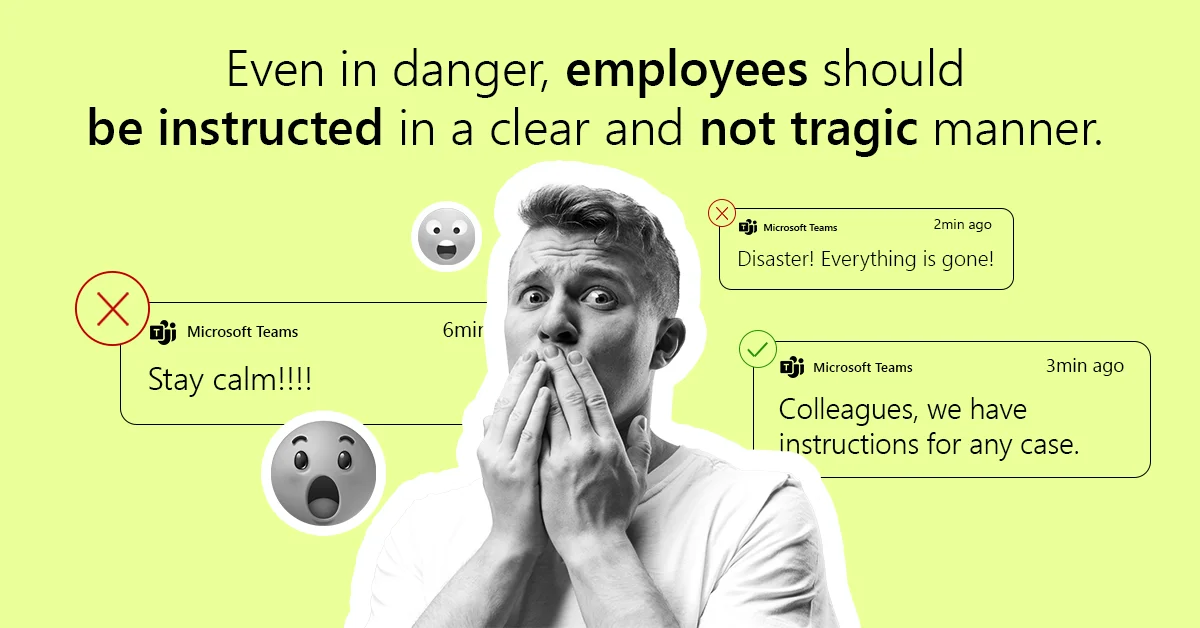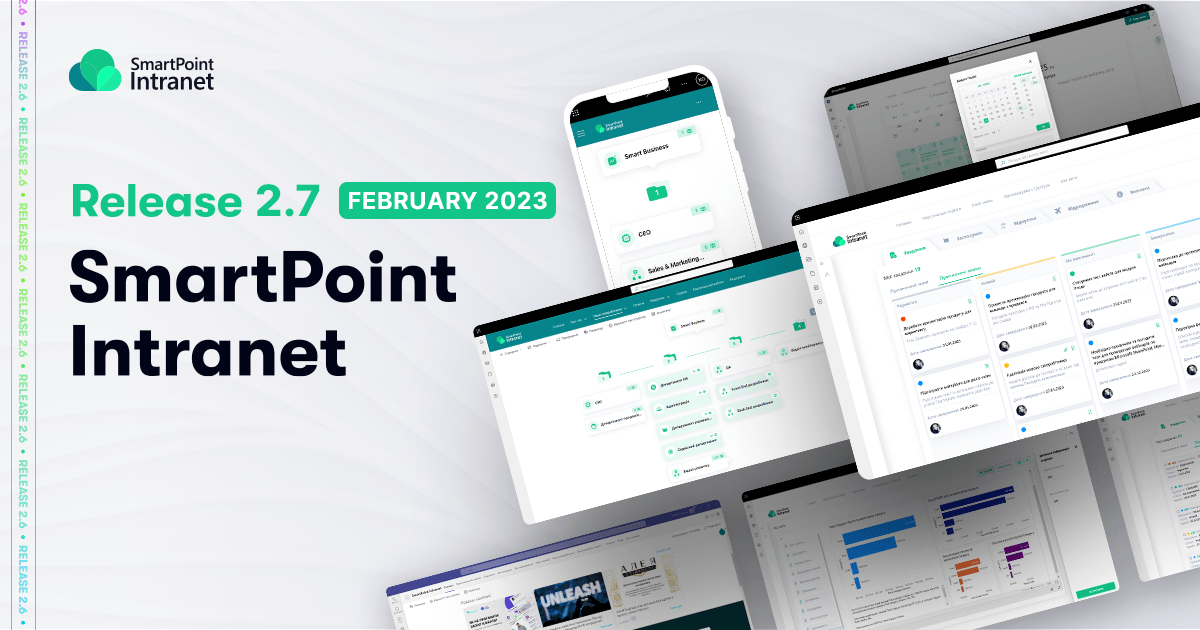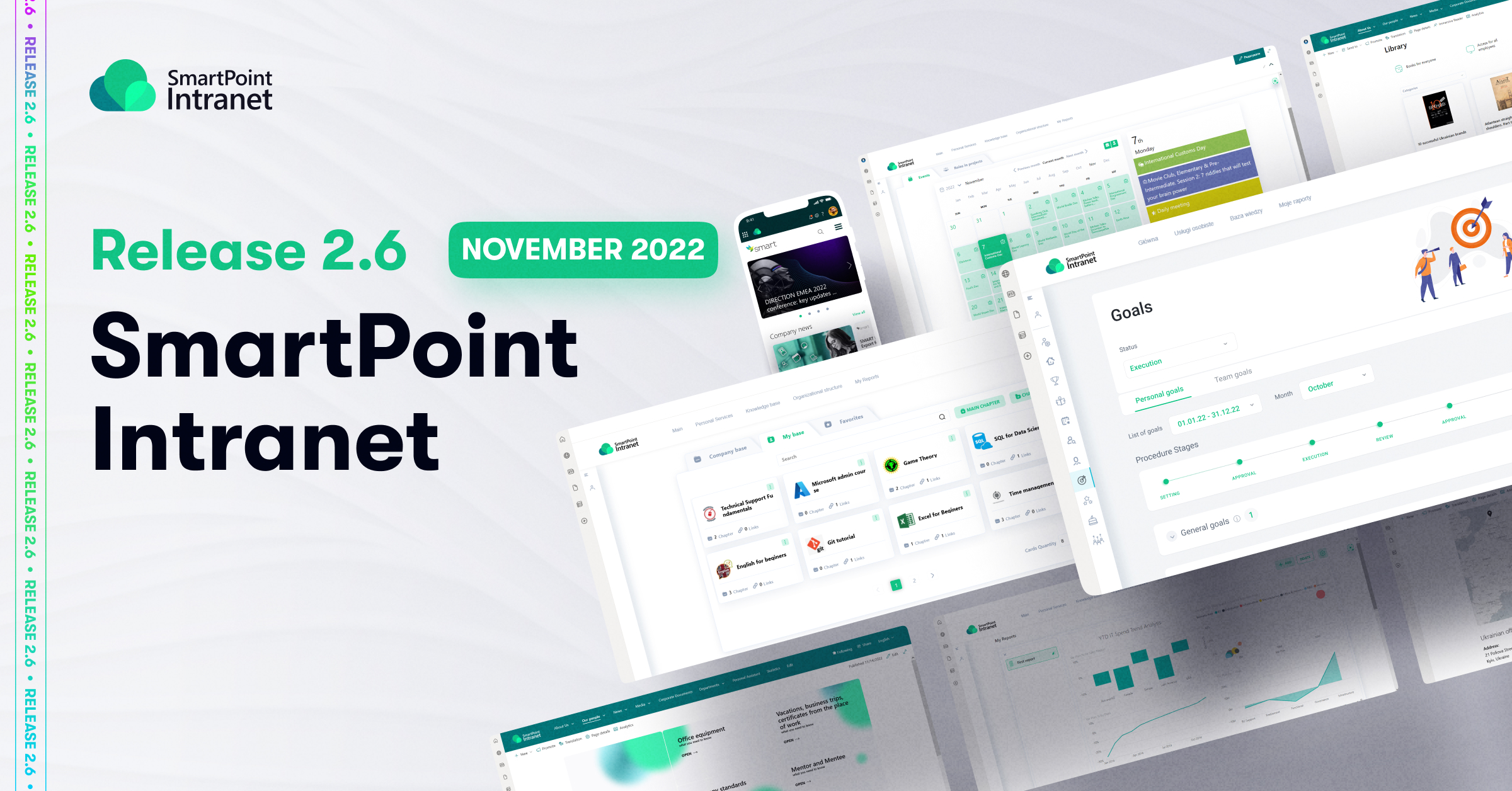The SMART business team continues to share the best HR practices from industry experts. This time, we met with Anna-Maria Fokshei, Head of Employer Branding & Culture at Room 8 Group, winner of the All-Ukrainian HR Pro Awards in the “Future Star” nomination. Anna-Maria shared her professional insights and experience in building an employer brand; she explained how important it is, what steps it requires, and what mistakes should be avoided, particularly in emergency situations.
Let me start by congratulating you, Anna-Maria, for winning this prestigious award in the “Future Star” category! Please tell us a little about yourself; in particular, why did you choose HR and employer branding?
Before deciding on my profession, I had to change many roles. I started as a scientist, spent some time teaching, and worked as a community manager. Together with friends, we created a non-governmental organization and engaged in educational projects. It’s important to me that our education is of high quality and progressive. But at the same time, I continued to look for a field where I could apply my energy and implement all my intentions, and eventually I chose IT.
Since I really like working with people, I decided to work in HR. I was invited to a large IT company, which was looking for a specialist who had experience in educational projects and marketing. My first steps in the world of HR were talent marketing for SoftServe IT Academy in Lviv and participation in a hotly beloved ambassador program for students, the creation and promotion of which I took on. Two years of running these projects allowed me to gain tremendous experience and understand that I want to be closer to the decision-making center and to people at the same time. Therefore, in the end, employer branding became the ideal choice for me.
What is your opinion on the best job search strategy?
When I started working for Room 8 Group, the company I’m currently working for, I decided that the best strategy for choosing a job was to be authentic. That’s exactly how I behaved during the interview.
The fact that I am an energetic, outgoing, and sincere person who does not like to be fake helped me pass this stage. Moreover, an experienced recruiter will feel it right away. I’m glad that I’m now working for this company, as it was one of the most successful decisions of my life. I realized that here I could get more opportunities for development.
The best strategy for choosing a job is to be authentic.
I joined the company as an employer brand manager. At that time, about 700 people were working in the team, and after a year, I moved to the position of head of employer branding. We experienced considerable growth that year. Initially, the team was in Ukraine, but our key challenge was to scale abroad. We actively hired employees and expanded to other countries, including the USA and Canada.
This was the year just before the war, and by autumn we were already developing a business continuity plan, understanding that the country was under threat. We had to apply completely new ways of working. When you come to a large company that already has a rich history, where processes are already “streamlined”, it’s difficult to change something. And it’s not just about the algorithms themselves, but also about the people who are used to them. However, at Room 8 Group, we were just gaining momentum. And I must say, the company has a wonderful “creative” culture, not only because it’s in the Game Dev field but also because the team retains that spirit of the “inner child” that allows us to create the most interesting solutions for our audience. When we were preparing the business continuity plan, it was primarily focused on people.
How was the business continuity plan implemented?
On February 23, we were gathered for an emergency meeting, where we immediately addressed all issues related to communication, logistics, etc. Thanks to the fact that the action plan had already been developed, we knew what to do, but still, no one expected that everything would start so suddenly and on such a large scale the next day. I was in Lviv at the time and understood that colleagues urgently needed to leave Kyiv and organize everything possible so that they could take care of their families who were in dangerous places. But no one was ready for a crisis like this.
Since everything happened so rapidly, many decisions had to be made very quickly: how to provide information to people, how to work with their feelings, logistics, evacuation from dangerous areas, and accommodation.
We started discussing the return to normal business realities with the director only in April.
What are the features of communication with employees in critical circumstances?
In such circumstances, you cannot communicate with employees as you would under normal circumstances (you are good employees, we are satisfied with you, everything will be fine, etc.), but you must add dialogues about risks, changes in priorities or areas of work, and expectations. As a result, it became clear that excessive care or “babysitting” is a serious mistake in terms of attitude towards employees.
We were so used to fighting for talent (especially in IT) that it eventually turned into a “who has the best breakfast in the office?” competition. But with the onset of the war, people quickly matured, understanding that the priority was not the comfort of office sofas but stability and a decent salary.
There was a global shift in my perception of my role in the company. Now, when I listen to some Western employer branding podcasts, I realize that they are a bit detached from reality. Moreover, I am convinced that awareness of these issues will also reach Western markets. The perception of employers must change, especially in the wake of numerous waves of mass layoffs. This includes a shift in brand positioning strategies and how promises are made to the market.
A bright example is when a large company that positions itself as human-first very convincingly talks about how important it is to trust employees and provide them with stability and maximum care. And then, after a short period of time, this same company fires a couple of thousand people at once. There is a clear contradiction here.
I believe that it is particularly important to identify the sectors of responsibility, their specifics, and who is in charge of them. It is crucial to know what the company is responsible for and what the employee is responsible for. For a long time, the global IT industry has been doing what is called “learned helplessness”.
You should communicate with employees like a stable, rational leader who can talk about risks. “Baby-sitting” should not be equated with humanity. I think this approach is a serious mistake in terms of attitude towards employees.
So, I think that an employer brand is primarily about a company’s reflection, about what kind of employer it wants to be, what promises it can make, and what it cannot. It is important for the company to be able to honestly admit that it offers fewer benefits but higher salaries.
Let’s go back to internal communication in a company during the war. How to build it properly? Where to start?
In general, you need to take a step back, even in the face of a stressful situation. When a company has already reached a certain level of development, a basic business continuity plan for natural disasters, wars, etc. should already be prepared. Firstly, it is important to understand who the stakeholders will be—the people who will make decisions in case of an emergency and will become the source of the main information. Secondly, it is important that the people who will communicate with the staff are aware of the situation and are proactive, not waiting for clarifications from above. The company’s management will resolve many issues as quickly as possible. However, to do everything quickly, we need to figure out what scenario we considered the benchmark.
When the full-scale war started, our communication had already been spread across alternative channels: Telegram, WhatsApp, etc. We decided to use them in case we lost access to the main channels–Slack and email. Our teams had satellite phones in case people lost internet, electricity, etc. We also organized work in our hubs.

Before making any announcements, it is important to coordinate all key messages with stakeholders so that there is a clear understanding of the essence and purpose of the messages. The company should clearly understand what kind of support it can and cannot provide to employees. It should have an up-to-date database of contacts for urgent calls. It is also important to collect feedback from people to understand their situation.
I would strongly advise coordinating your messages with business owners, because they are responsible for ensuring that the business survives. HR professionals should not be in charge of everything.
What should be avoided in crisis communications?
What you shouldn’t do in critical moments is convey your own anxieties to people. An impulsive emotional message can destabilize the situation even more, and you should be aware of this. Even in danger, employees must be instructed in a clear manner and not in a tragic way.
Therefore, I choose to be more rigid in crisis communications than in everyday ones. I want to ensure that my message is clear. And this applies not only to internal communications. This method was also applied to the creation of press releases and newsletters for clients.
In any case, I wouldn’t recommend embellishing reality. This also applies to job descriptions; don’t overemphasize the employee value proposition (EVP), or at least don’t promise things that are impossible or very difficult to fulfill during the war.
We smoothly moved on to such an important issue as EVP. How to prepare it correctly? What do employees pay attention to first when choosing a company?
A lot depends on the employee’s level. EVP should be customized. Beginners, middle managers, and executives are looking for completely different opportunities. The company must clearly understand who it wants to hire and what might interest such an employee. In addition, the EVP, regardless of the candidate’s position and profession, should include the basic benefits, career opportunities, and cultural values of the organization, and I strongly recommend that you mention that the business is inclusive, welcoming people of different cultures, religions, preferences, beliefs, etc. I would also mention social responsibility.
Frequently, people who left our organization returned later. It is also important to keep in touch with them because they contribute to the positive image of the company, as well as their families and friends, because they all share information about us. All these groups of people should be considered, and there are different EVPs for all of them.

Recruiters need to customize EVPs for different categories of candidates. Moreover, value propositions at all stages — from job advertising on the site to interviews and onboarding—should have different forms but be consistent in content. You should consider each interaction with a candidate and then with an employee as a single experience, even after the person leaves the company.
For example, your company can include some benefits for employees’ families in EVPs, such as adding relatives to their insurance policies or organizing family events. It also strengthens the employer’s brand.
There are specific values that should be highlighted during recruitment. I talked to a candidate who was a very impressive and charming woman. She was ready to change her look for the sake of her job to look “simpler” and wear stretched hoodies and sneakers to fit the stereotypical image of an “IT girl”. When I told her that she should be herself and shouldn’t change her appearance, it became one of the arguments for her to accept my offer. That’s when I realized what unexpected things can sometimes “sell” your job offer to a person.
How do you know if a company has a good EVP?
First, not all companies have it; some create it spontaneously. For example, if an organization has a lot of vacancies and all of them are described in completely different ways, then it is likely that there is no EVP.
Small companies usually do not have a clearly defined EVP because the business owner is the EVP. His direct actions affect how people feel about his business. However, a well-defined EVP is a necessity for large businesses, as it makes it easier to find talent for their teams.
In addition, it is important to track EVP at every stage of cooperation with an employee. If an employee achieves certain successes, it should be emphasized, and you should keep track of how people grow. Are they really developing, or are they just suppressing anxiety by overwhelming themselves with a lot of tasks?
Sometimes companies are looking for experienced, ambitious, and creative employees but find that they cannot provide such candidates with proper conditions for development.
It is often better to hire talented beginners and organize internal training for their further development. If you make false promises to candidates, they will be disappointed and leave. As a result, the whole recruitment mechanism will be broken.
Anna-Maria, you also have your own brand. People come to you for advice. How did you achieve this?
When those first bloggers appeared and hit millions of subscribers, it became clear that information products had become a business. I asked myself whether I had the expertise that would be interesting and useful to the audience. Having a one-on-one conversation over coffee is quite different from marketing coaching sessions. I spent a considerable amount of time wondering if this approach would resonate with people.
When I worked at SoftServe, I dealt mostly with Ukrainians. However, when I transitioned to Room 8 Group, I found myself working predominantly with international colleagues. Initially, I thought their experiences would provide insights that I couldn’t gain in Ukraine. Surprisingly, it was the other way around: these international colleagues frequently mentioned that our Ukrainian solutions were more innovative and effective than what they were accustomed to.
The success of what we are doing now as a nation largely depends on how loudly we talk about what we are successful at. It also depends on how correctly and professionally we talk about it.
Receiving the HR Pro Awards was a great self-introduction lesson for me. When you address a serious audience, you think that maybe everyone already knows what you’re going to say, but no one will say it the way you will. It’s important to allow yourself to enter a zone where you can warm people with your inner light, and most likely they will feel it.
I know that there are many people who share similar aspirations. Public speaking can be difficult, but you have to try — it’s a valuable experience. One of my friends told me something wise: “Look, so many people talk a lot and don’t understand anything, and you know so much and don’t share it.” This was the impetus for a new stage of my development, which led me to where I am today.

If you want to find out how HR process automation tools can help you build your employer brand, request a consultation from our specialists. We will contact you at a time convenient for you and tell you more about how the digitalization of HR processes can help your business create and maintain a strong corporate culture.



